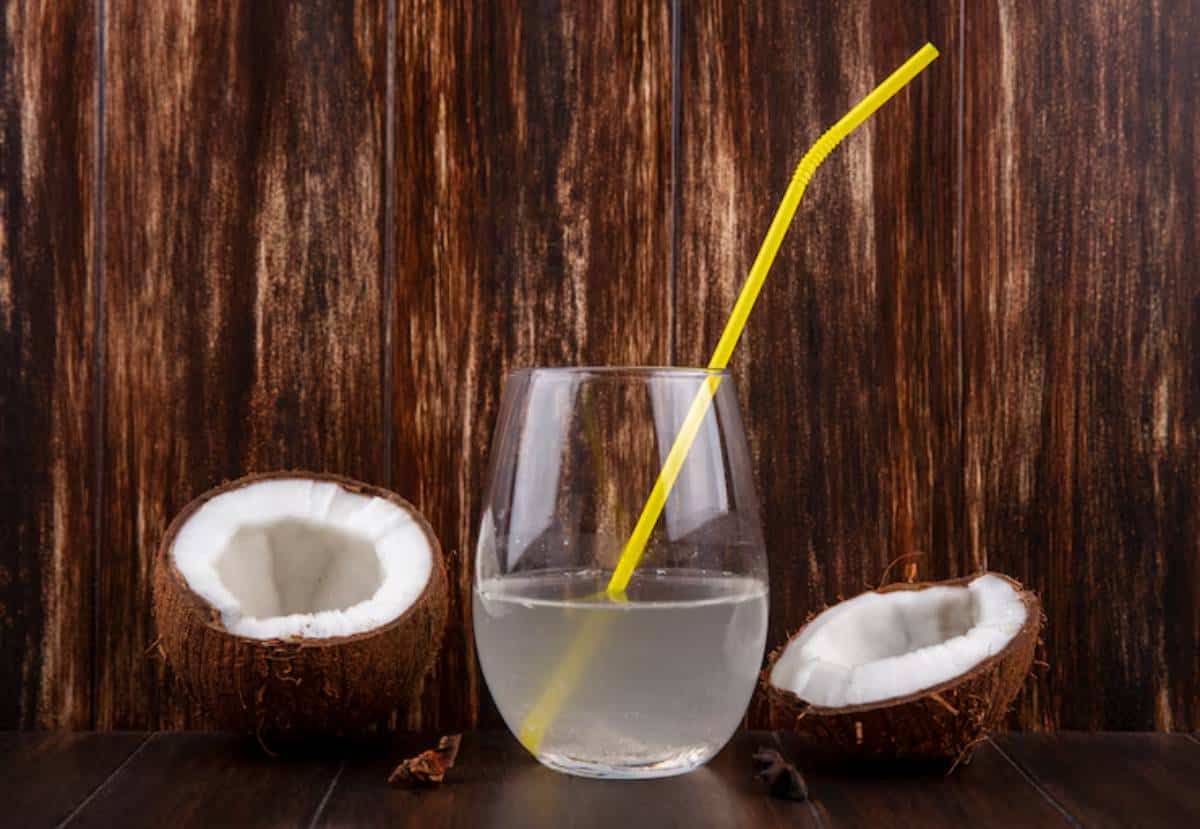
Coconut Water vs Sports Drinks Before Exercise
You’ve got your gym kit ready, your playlist loaded — but what should you be sipping before you crush that workout? Should you reach for a bright neon sports drink, or go au naturel with coconut water?
The debate between natural electrolyte drinks like coconut water and traditional sports drink options has never been more relevant. Both promise better hydration, improved endurance, and faster recovery, but they do it in very different ways.
In this guide, we’ll break down the science, weigh the pros and cons, and help you make the smartest pre-workout hydration choice for your goals.
Ready to fuel your fitness journey the right way? Let’s dive in!
Why Hydration Matters Pre-Workout
Proper hydration is critical because it:
- Regulates body temperature
- Supports cardiovascular function
- Lubricates joints
- Facilitates nutrient delivery
- Enhances muscular contractions
Quick Fact: Research shows that even mild dehydration, which is about 1-2% of body weight loss, can significantly reduce strength, speed, and endurance (source).
Bottom Line: Good hydration isn’t optional. It’s performance-critical.
The Rise of Natural Electrolyte Drinks
Coconut water, watermelon juice, and other natural options are increasingly popular. Why?
- Lower in artificial ingredients
- Natural source of electrolytes
- Perceived as healthier
But are they always the better choice compared to traditional sports drinks?
Coconut Water Before Exercise: The Pros and Cons
Pros
- Rich in Potassium: More potassium per serving than most sports drinks, which supports heart health and muscle contractions.
- Natural Sugars: Provides easily digestible carbohydrates.
- Low-Calorie Option: Less sugar and calories compared to many sports drinks.
- Natural Source: Minimal processing, no artificial dyes or preservatives.
Cons
- Lower Sodium Levels: Sodium is critical for maintaining fluid balance during sweaty workouts. Coconut water may not provide enough.
- Variable Nutrient Content: Depending on the brand, potassium and sodium amounts can vary.
- Not Ideal for Ultra-Intense Workouts: For activities lasting over 90 minutes, you might need more sodium and carbs than coconut water offers.
Sports Drinks Before Exercise: The Pros and Cons

Pros
- Higher Sodium Content: Helps retain fluids and prevent dehydration during intense sweating.
- Formulated for Performance: Balanced electrolyte and carb content optimised for endurance.
- Wide Availability: Easy to find in stores, gyms, and vending machines.
Cons
- Added Sugars: Some contain 20g+ sugar per bottle.
- Artificial Ingredients: Colours, flavours, and preservatives common.
- Calorie Dense: Timing matters. Drinking sports drinks at the wrong time can add extra calories. Choosing the right time to eat is key for your fitness goals. If you don’t, it can hold you back.
For a detailed look at your options, check out the article on the best low-sugar sports drinks reviewed.
Nutritional Comparison: Coconut Water vs Sports Drink
Nutrient (per 250ml)
Coconut Water
Sports Drink
Calories
~45 kcal
~70-100 kcal
Sugar
~9g
~14-20g
Sodium
~60mg
~110-200mg
Potassium
~600mg
~30-60mg
Key Insight:
- Coconut water wins on natural potassium.
- Sports drinks win on replenishing sodium and quick carbs.
Best Pre-Workout Hydration Choice Based on Workout Type
Light to Moderate Workouts (Under 1 Hour)
- Ideal Choice: Coconut water or plain water.
- Why: Minimal electrolyte loss, simple hydration needed.
Heavy Lifting Sessions (Strength Focus)
- Ideal Choice: Coconut water with a pinch of salt added.
- Why: Potassium support with extra sodium to aid muscle contractions.
Endurance Training (Over 60-90 Minutes)
- Ideal Choice: Sports drink or coconut water + electrolyte supplement.
- Why: Higher sodium and carb needs to maintain energy and fluid balance.
Tips for Smart Pre-Workout Hydration
- Start Early: Sip water steadily 2-3 hours before your workout.
- Top Up: 20-30 minutes before exercise, drink 200-300ml.
- Avoid Overhydrating: Too much water right before can cause bloating.
- Personalise It: Match your drink to your workout type and sweat rate.
Explore: Ultimate Guide to Pre-Workout Hydration
Real-World Stories: Coconut Water vs Sports Drink

Sophie’s Switch: Sophie, a yoga and Pilates enthusiast, found that switching to coconut water before her sessions gave her lighter, more energised practice without the sugar crash.
Jake’s Revelation: Jake, a marathon runner, experienced cramping until he started incorporating sports drinks during long runs. The added sodium made a noticeable difference.
Key Insight: Personalisation wins. Match your hydration to your unique demands.
Myth Busting: Hydration Before Exercise
1. “All you need is water.”
Reality: Water is essential, but during long or sweaty workouts, electrolytes are critical.
2. “Coconut water is a complete sports drink replacement.”
Reality: It’s great for light sessions, but may fall short in sodium during extreme workouts.
3. “Sports drinks are only for pro athletes.”
Reality: Anyone training hard for over 60 minutes can benefit from strategic electrolyte support.
Key Takeaways:
- Coconut water shines for short, moderate, or low-sweat sessions.
- Sports drinks excel for endurance events, intense heat, or heavy sweating.
- Always read labels — not all coconut waters or sports drinks are created equal.
- Tailor your approach. Your training deserves customised hydration.
Choose Wisely, Hydrate Intelligently
When it comes to the pre-workout hydration choice, it’s not about coconut water versus sports drinks — it’s about what fits your session, body, and goals.
Now it’s your turn! What’s your favourite pre-workout hydration hack? Have you noticed better performance with coconut water or sports drinks? Drop your thoughts in the comments — let’s learn and grow together!